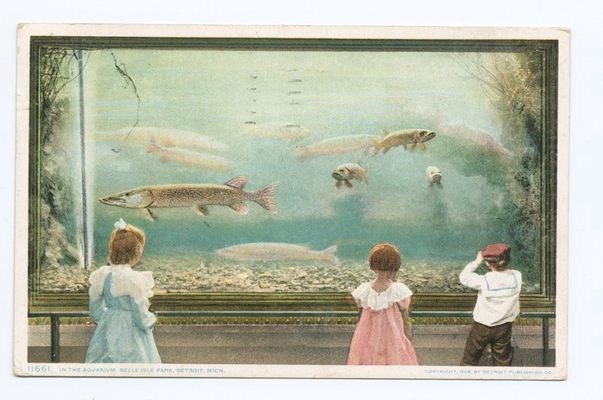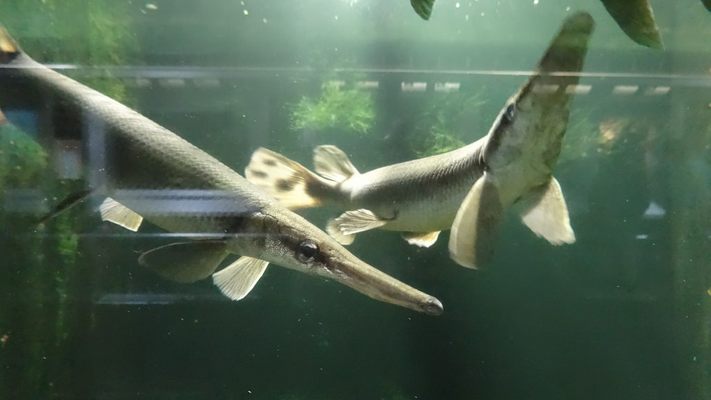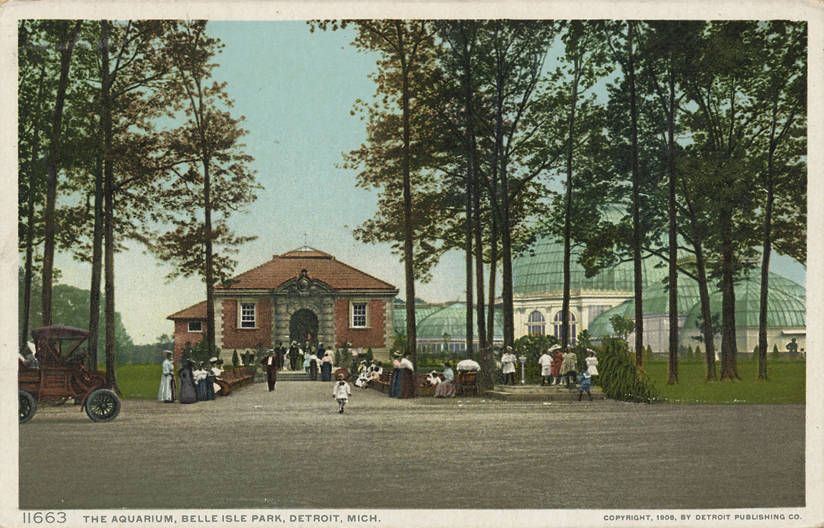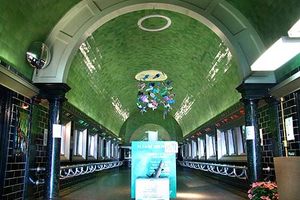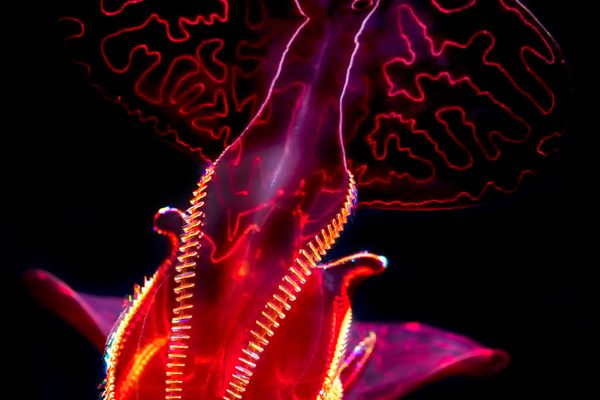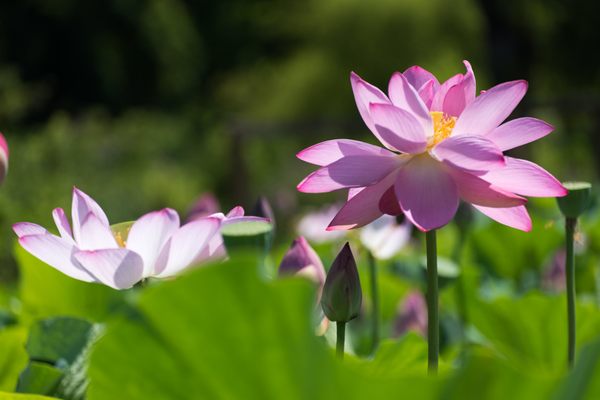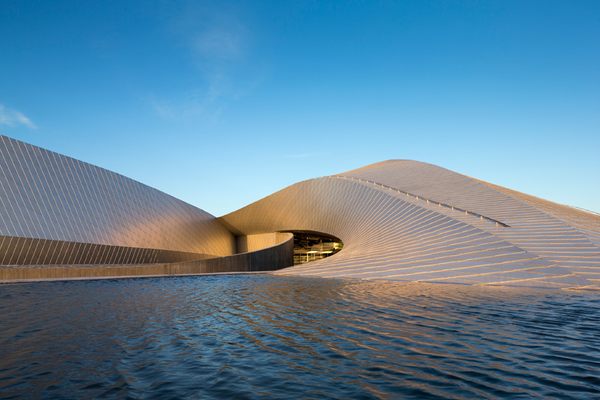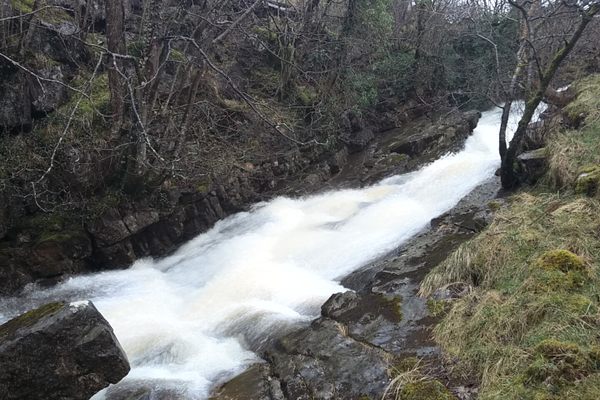About
On opening day, in 1904, some 5,000 visitors queued up to file past 44 fish tanks and beautiful green-tiled walls, the color of water-slicked algae. Over the next few years, thousands of visitors continued to shuffle through each day.
At the time, the Beaux Arts building was one of the largest aquariums in the world, and a dispatch in the Detroit News noted "there or only some six or seven other permanent aquaria known."
Designed by architects Albert Kahn and George D. Mason, the building featured a massive central tank, grand pillars, and an ornate facade. Above the entrance is a carving of Neptune, the Roman god of the seas, and the city's seal and motto: Speramus meliora; resurget cineribus (“We hope for better things; it will rise from the ashes”).
Over the next hundred years, this small structure on an island in the Detroit River, partway between the U.S. and Canada, would become the oldest continually operating aquarium in America.
Local legend says that the basement was home to a Prohibition-era speakeasy, and that, during a time of cinched purses and hungry bellies, a sea turtle named "Big Pete" was sold to the local fish market, where it was fated to become soup.
The building rebounded over the years: Tanks made from wood and glue were replaced with sturdy concrete ones, and at its height, the collection included more than 3,600 fish.
The tanks were full of freshwater and saltwater fish until 2005, when the cash-stripped city closed the aquarium as a cost-cutting measure. Local citizens voted to reopen it, and spent years lobbying to do so. The Belle Isle Conservancy, a nonprofit volunteer group, restored and reopened the building in 2012.
Related Tags
Know Before You Go
The aquarium is open Friday to Sunday from 10 a.m. to 4 p.m. Admission is free, but there is a cost to drive a car onto the island.
Published
October 14, 2010


